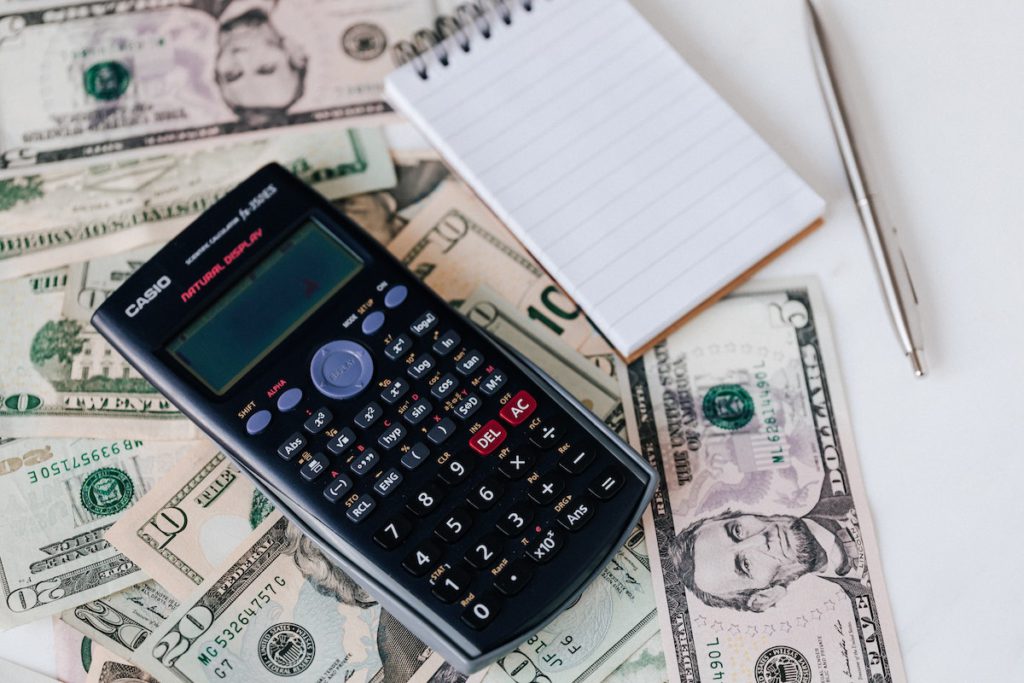An IRS Tax Debt Payment Plan is a deal that gives you a longer time frame to pay back taxes that you owe. An IRS payment plan is an agreement that you directly negotiate with the IRS to pay off federal tax debts within a specific timeframe. The IRS will look at your financial situation to determine monthly payments you can make within a set period.
You will need to agree on a payment plan which allows the amounts on your Statements to be paid via direct debit over 12 months. If you cannot pay the total amount once or in 180 days, you may qualify for a month-by-month plan (including an instalment agreement). If you are eligible for a lower-income tax bracket but cannot make direct debit payments, the IRS will refund your use fees as you make payments toward the balance.
If you are a low-income taxpayer, the IRS waives the user fee if you agree to allow the IRS to withdraw money from your bank account to make payments automatically. If you are under a debt tax plan with costs coming out of your bank account automatically, you must contact the IRS directly. You must contact the IRS directly if you owe more than the maximum amount to file an application online.

Individuals owing less than $50,000 and businesses owing less than $25,000 can typically apply for a payment plan online if they have filed all their tax returns. Still, you can apply online even if you owe more. To qualify, you need to owe more than $10,000, not have any unpaid tax returns, have not filed for bankruptcy and demonstrate you cannot afford to make the complete payment.
Your IRS personal income tax situation and future income outlook will determine which tax repayment plans are available to you. If you cannot pay the total amount owed with your income tax return, complete your Wisconsin Tax Forms on time and make as large of payment as possible.
If you cannot pay the taxes owed by your original due date, any remaining amount is subject to interest and the Monthly Late Payment Penalty. Even after you have begun making your monthly payments to the IRS for payment of your tax debt, liabilities and interest will continue to be charged on the amount of your tax debt remaining to be paid. If you delay collections, your tax debt amount increases as we continue to impose the late payment penalty and draw on your debt.
Using a pay-as-you-go instalment agreement to repay tax debt means you will need to pay the penalty interest charged by the IRS on the outstanding amount. If you owe the IRS less than $10,000, your Instalment Plan is usually automatically approved as a guaranteed instalment arrangement. Your minimum payments under this scenario will be unique to the particular collection you have made with the IRS.
If you received a notice that you owed money for your income taxes, an IRS Instalment Agreement (IA) or short-term payment plan might be the solution you need. Individuals can set up a short-term payment plan using the online payment agreement (OPA) application or by calling us at 800-829-1040 (individual). You can use our Automated Telephone Service to arrange a late fee payment or a pay-by-settlement.
Also, you may pay using a bank account, debit, or credit card or request a Payment Agreement Online if you require extra time to make payments. You can pay with a check/savings account or a debit/credit card by clicking the E-Services button above. Payment methods include credit cards, direct debit from your checking account, or mailing a paper check using a payment voucher from the Iowa Department of Revenue.
The taxpayer has the necessary funds or is comfortable paying taxes now with direct deposit or a debit/credit card. Once you apply for this program, you will pay your taxes through non-direct (not automatic) monthly payments, including payments directly from a checking or savings account (Direct Pay) or via a check, money order, or debit/credit card.
Payment Plan Type Maximum amount you must owe to qualify Payment Options Short-term Payment Plan (120 days) * $100,000 of combined taxes, penalties, and interest. 120-Day Plan for Taxpayers Who Owe Less Than $10,000 Short-Term Payment Plan (Guaranteed Instalment Agreement) If you owe less than $10,000, you can pay the entire tax bill, plus penalties and assessed interest, in 120 days, the IRS considers it a short-term payment plan. Taxpayers owing less than $100,000 who can make payments over 120 days or fewer may request a short-term plan online at IRS.gov/OPA; those who need more time to make payments up to 180 days must request one by mail or telephone.
You will pay only penalties related to underpayment or late payments, where appropriate, and interest. Payments may be made before accepting a Notice of Intent/Final Account of tax owed using the Michigan Individual Income Tax E-Payment System. You could ask the Department for an official agreement on payment plans for your income tax debt if you received your final assessment notice or notice of intent to counteract your refund from federal income taxes.
Dealing with the IRS can be stressful, so there are several tax relief companies available that help taxpayers work with the IRS to establish payment plans and resolve tax debts. Tax debt settlement companies handle things such as finding the best payment plan, negotiating for the debt to be settled for less than what you owe, and filing documents with the IRS.
Before the IRS considers a CBO, you will need to file all of your tax returns, have made any estimated required payments of taxes for the current year, and make any required Federal Tax deposits for the current quarter if you are an entrepreneur with employees. You can see how much you owe and details about your balance, see the payment history, access Get Transcripts to download or print your tax records.

